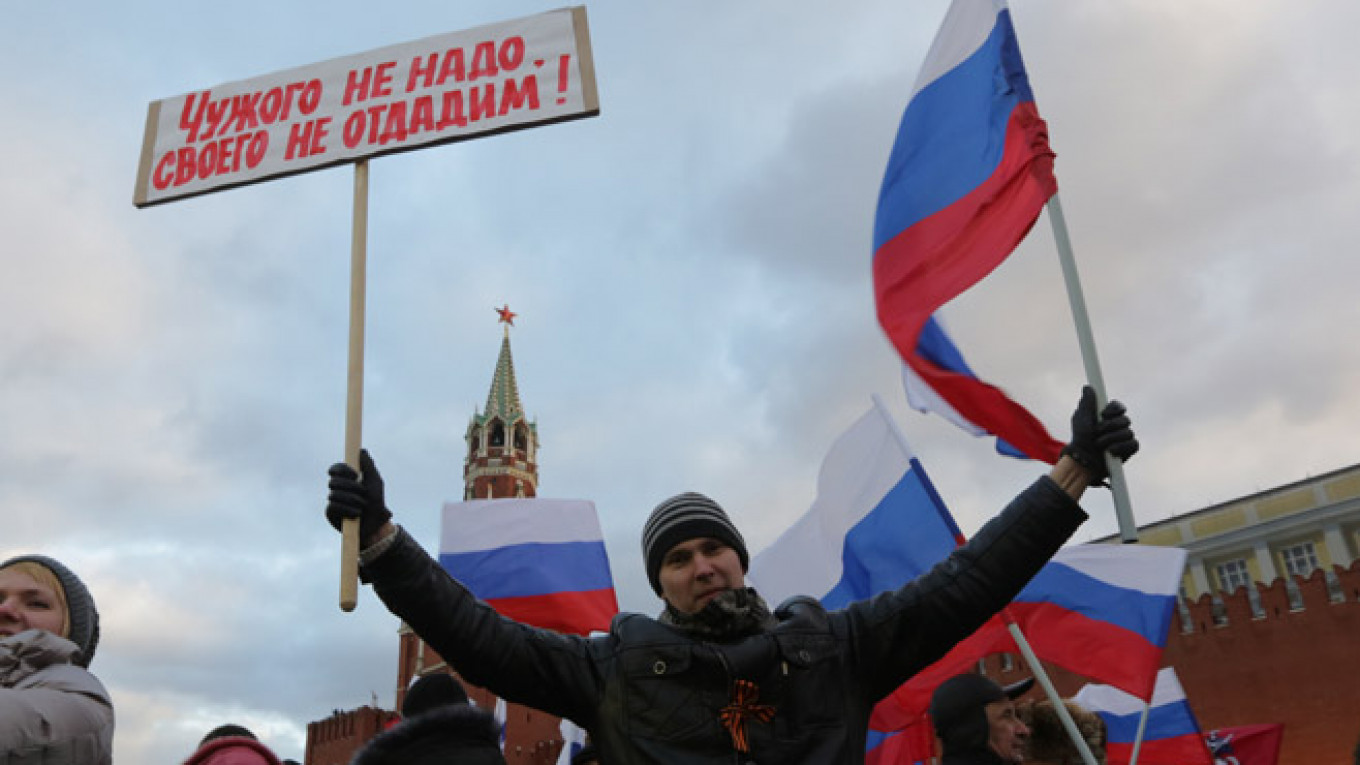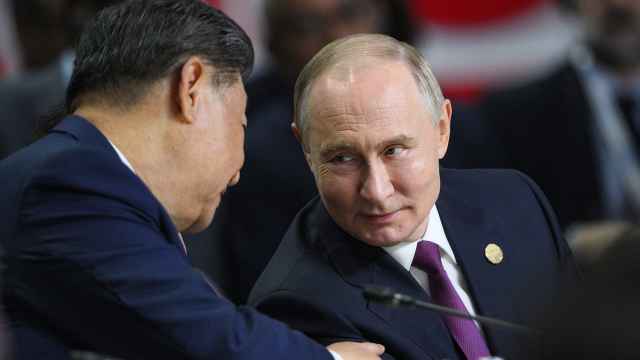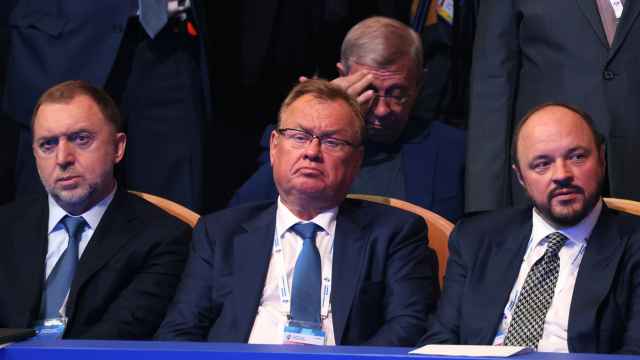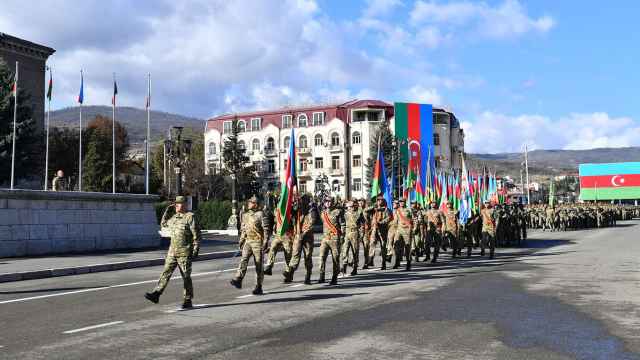The downing of Malaysia Airline Flight MH17 cast a harsh, lurid and revealing light upon Russia's war in Ukraine.
Its most immediate effect was to place the brutality of Russian-led forces in full view.
There is little evidence that the rebels made any effort to identify the plane by using the first of the Buk missile-launcher system's two phases before they shot it down. Evidently they simply shot at anything flying overhead and made no effort to determine if it was a military flight.
Nor was this the first instance of rebel indifference to human life in Ukraine. Amnesty International's recent report of their brutal beatings, summary executions and many other acts of terrorism throughout eastern Ukraine demonstrates the nature of these Russian operatives and the recklessness with which they have acted.
But this tragedy confirms much more than the fact that we are dealing with state-sponsored terrorists in Ukraine, fighting a war stage-managed by Moscow. It shows that Russia's foreign policy is a dangerous threat not only to international security, but to the Russian people themselves.
The threat to European and Eurasian security resides in the Russian elite's long-standing view that the entire post-Cold War settlement is illegitimate and that Russia must reclaim its empire. Given Moscow's mindset and actions, as well as its operatives' actions in the field, neither Moscow's interlocutors nor its neighbors are safe from violence in the name of restoring that empire, as witnessed by the destruction of MH17.
The West's resistance to this imperial obsession fuels the Kremlin's perception that Russia is under siege from abroad. The siege-state mentality in turn trickles down to the general populace, leading to a permanent mobilization of Russian society and the systematic organization of hatred against targeted ethnic minorities or the West.
But the biggest threat to the security of the Russian people is not the West. It is the Russian government.
The Kremlin's determination to maintain Eurasia in a permanent state of siege could undo all the economic progress of the last generation. It also threatens to leave Russia internationally isolated and, at worst, embroil Russia in wars it cannot win. Russian history clearly shows that a failed war is the harbinger of revolution. Should Putin continue pressing Russia's luck in Ukraine, that is the only possible outcome that can ensue. Indeed, the costs of maintaining Crimea are already becoming insupportable.
Bearing all this in mind, what should the West and Ukraine do? First we must recognize that the only path to security for Eurasia and Europe is to foreclose Moscow's imperial option.
That imperial option not only entails war, or the threat of it, to advance Russia's foreign policy objectives along its periphery. It also entails the lasting subjugation of the Russian people and a return to an autocratic system in Russia and its dependencies. Whereas in the past that system was communism, it is now assuming a fascist-like coloration with its cult of war, state nationalism and state religion.
Foreclosing the imperial option means imposing serious costs if Russia continues its interference in Ukraine. Ongoing, large-scale Western support, combined with steady encouragement of reform in Ukraine, is no longer an option but a priority policy requirement of the West.
Paradoxically this is also the only way to ensure Russia's security, which Putin and his "boyars" have recklessly endangered. The obsession with empire threatens to engulf Russia in a war in Ukraine, one that would be destined for failure. Ultimately, resolute Western action to expel Russia from Ukraine has become the only way to ensure not just Ukraine and Europe's security but Russian security too.
Stephen Blank is a senior fellow at the American Foreign Policy Council.
A Message from The Moscow Times:
Dear readers,
We are facing unprecedented challenges. Russia's Prosecutor General's Office has designated The Moscow Times as an "undesirable" organization, criminalizing our work and putting our staff at risk of prosecution. This follows our earlier unjust labeling as a "foreign agent."
These actions are direct attempts to silence independent journalism in Russia. The authorities claim our work "discredits the decisions of the Russian leadership." We see things differently: we strive to provide accurate, unbiased reporting on Russia.
We, the journalists of The Moscow Times, refuse to be silenced. But to continue our work, we need your help.
Your support, no matter how small, makes a world of difference. If you can, please support us monthly starting from just $2. It's quick to set up, and every contribution makes a significant impact.
By supporting The Moscow Times, you're defending open, independent journalism in the face of repression. Thank you for standing with us.
Remind me later.






